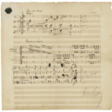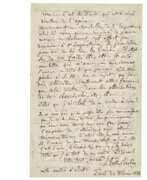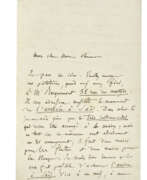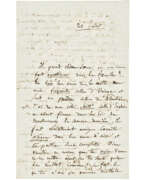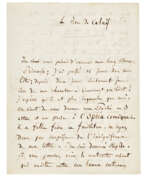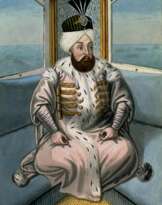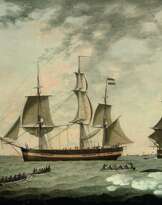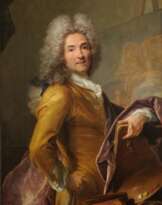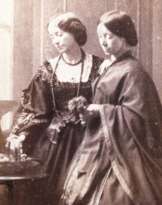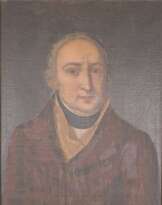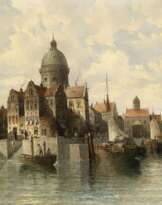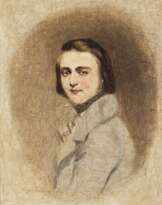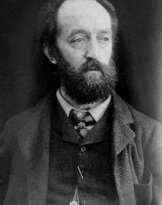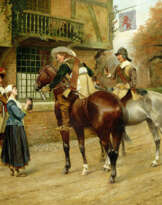Hector Berlioz (1803 - 1869)
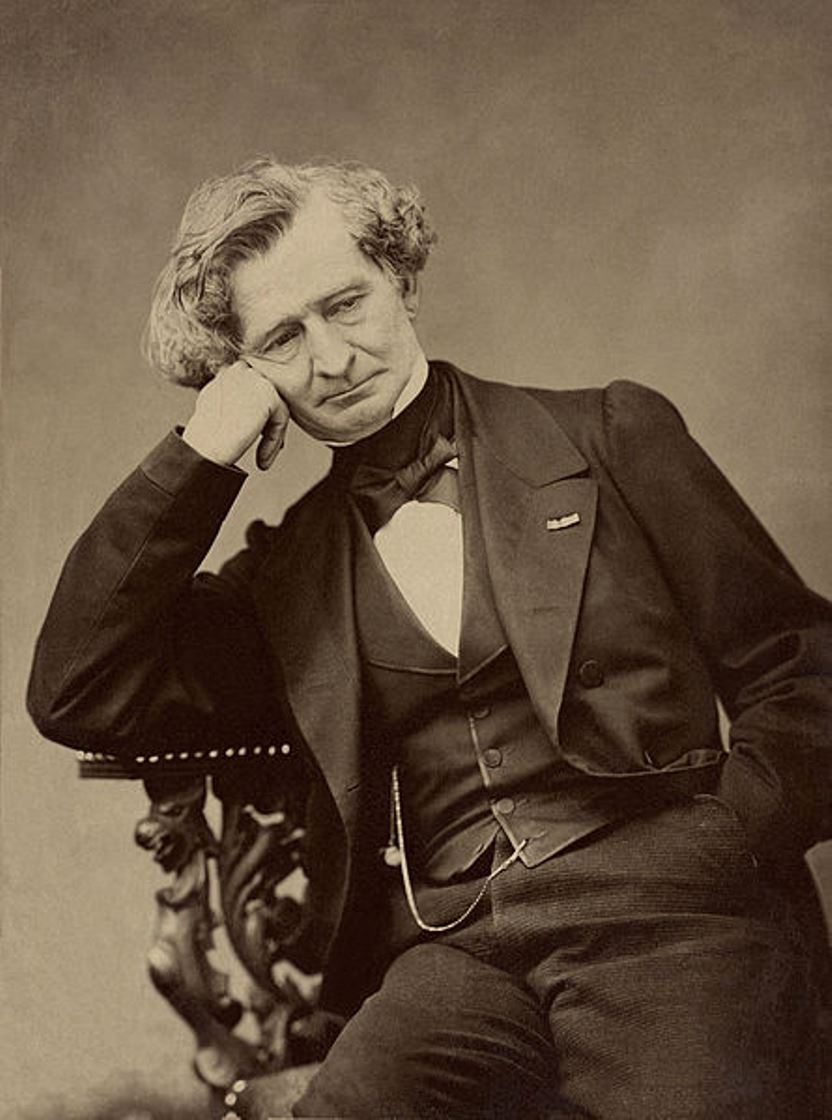
Hector Berlioz
Hector Berlioz, full name Louis-Hector Berlioz, was a French composer, conductor, and music critic of the Romantic era.
Berlioz received his primary education from his father, an enlightened physician, who gave him his first lessons in music and Latin. By the age of 12, he was already composing music for local chamber ensembles and learning to play the guitar and flute with virtuosity. In 1821 his father sent him to Paris to study medicine, and he received his first scientific degree. But in parallel, he often visited the Paris Opera, where he studied the entire repertoire on the score.
Against the will of his parents, Berlioz took a compulsory course of study at the Conservatory of Paris and in 1830 received the Prix de Rome. In Italy he met the Russian composer Mikhail Glinka and became lifelong friends with Mendelssohn. From 1832 Berlioz worked for 30 years as a music critic for periodicals. He was acquainted with many of the leading writers and musicians of his time, including Victor Hugo, Alexandre Dumas, Niccolò Paganini, and George Sand.
Berlioz adored the works of Weber and Beethoven, as well as Gluck, and tirelessly introduced audiences to their works. As a result of his many trips as a conductor to Germany, Belgium, England, Russia, and Austria-Hungary, he taught the leading orchestras of Europe a new style.
Berlioz during these years wrote, among other things, the "Symphonie Fantastique" (1830) that made him famous, and the symphony "Harold in Italy" (1834). After a concert in 1838, where he conducted their performance, the famous violin virtuoso Paganini declared Hector Berlioz a continuator of Beethoven's musical traditions and presented him with 20,000 francs. A grateful Berlioz wrote a choral symphony, Romeo and Juliet, dedicated to Paganini.
In 1844, Berlioz created "Treatise on Modern Instrumentation and Orchestration", which is not just a technical manual, it served as an introduction to the aesthetics of expression in music for generations to come. Among Berlioz's dramatic works, The Damnation of Faust (1846) and The Nativity (1854) are world-famous.
| Date and place of birt: | 11 december 1803, La Côte-Saint-André, France |
|---|---|
| Date and place of death: | 8 march 1869, Paris, France |
| Period of activity: | XIX century |
| Specialization: | Composer, Critic, Writer |
| Art style: | Romanticism |
